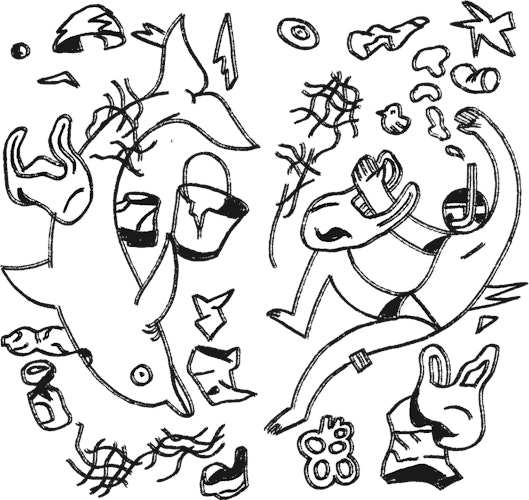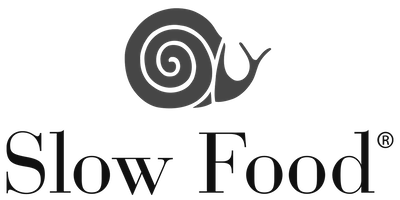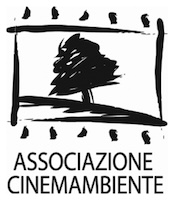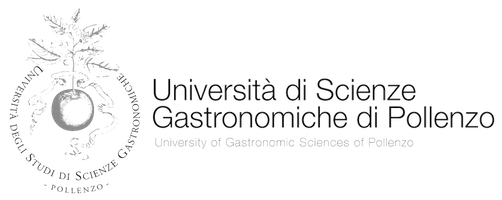Die Stadt, das Gift und der Bayer-Konzern
Directed by
When the author, Gert Monheim, began his research into the toxic waste dump of the pharmaceutical company Bayer in Leverkusen in September 1989, the city of Leverkusen had just concluded a contract with the chemical company that was hailed as "historic": the company was to contribute 40 million German marks to the cleanup operations. In the course of his research, the author discovered many contradictions. In particular, measures to stop the pollution of groundwater, which experts say is one of the most worrying problems, had not been taken into account, measures that were postponed for years to come. This despite the fact that the toxic waste dump contained hundreds of thousands of tons of poisonous and carcinogenic chemical waste that could seep into the groundwater and the Rhine, threatening public health and the environment. Was the contract just a scam? Shouldn't the city authorities have taken a tougher line with the powerful company? These questions were put to the right people by the filmmakers, and they had a major effect: at a press conference held over the Christmas period in 1998, the chemical company surprised both the city and the public by changing its policy and offering an additional sum of 150 million German marks to combat groundwater pollution.
From the series: Humans and the Environment distributed by the Goethe Institut.








